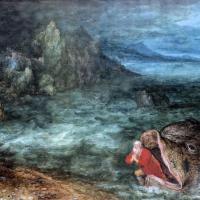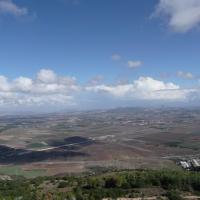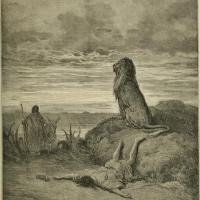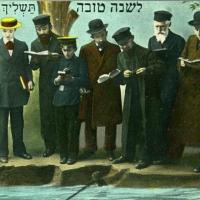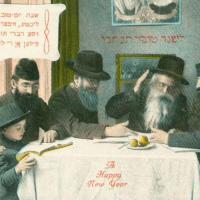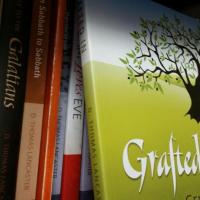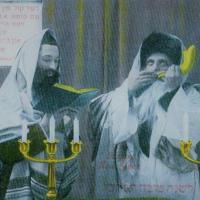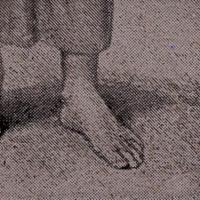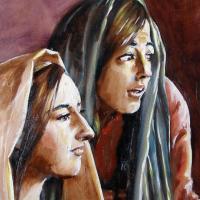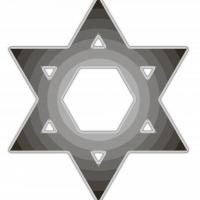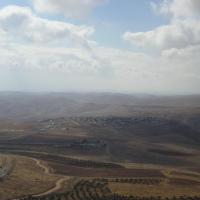Life is full of good intentions: "One of these days, I'm going to start exercising and eating healthy." "One of these days, I'm going to get my life back on track." Have you ever noticed that "one of these days" never comes? This teaching about the Sabbath and God's Holy Days demonstrates how HaShem's appointed times are designed to interrupt our routine and provide opportunities for self-improvement, increasing godliness, and drawing nearer to God. We call this the "cycle of sanctification." We learn about how, just as Israel was commanded to sacrifice only at the place God chose to put his name, likewise, God's holy days function as "sanctuaries in time," chosen by God for all his people's participation. The forty days of repentence before the high holy days are an ideal time to get life back on track with renewed focus on repentance, prayer, and charity.
This teaching was originally presented to the community of Beth Immanuel on Rosh Chodesh Elul, Shabbat Re'eh, August 15, 2015 / Av 30, 5775, at the beginning of the forty days of repentance.

